Huge Cavity in Antarctic Glacier Signals Rapid Decay
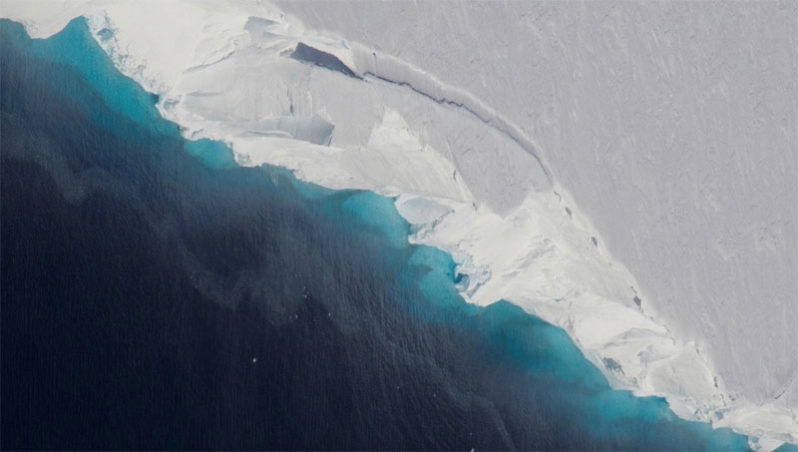
A gigantic cavity – two-thirds the area of Manhattan and almost 1,000 feet (300 meters) tall – growing at the bottom of Thwaites Glacier in West Antarctica is one of several disturbing discoveries reported in a new NASA-led study of the disintegrating glacier.
Glacial melts in the Canadian Arctic reveal land that hasn’t been seen in more than 40,000 years
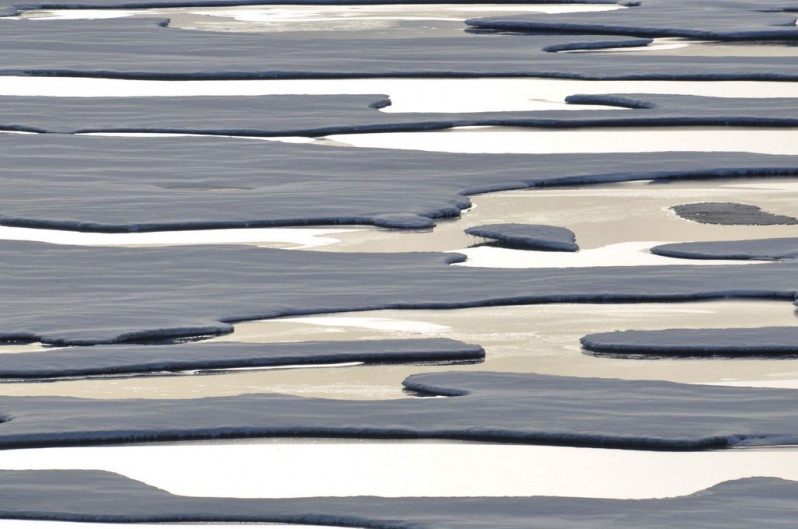
Melting ice is exposing hidden landscapes in the Canadian Arctic that haven’t been seen in more than 40,000 years, new research published in Nature Communications reveals.
Extreme weather and geopolitics major drivers of increasing ‘food shocks’
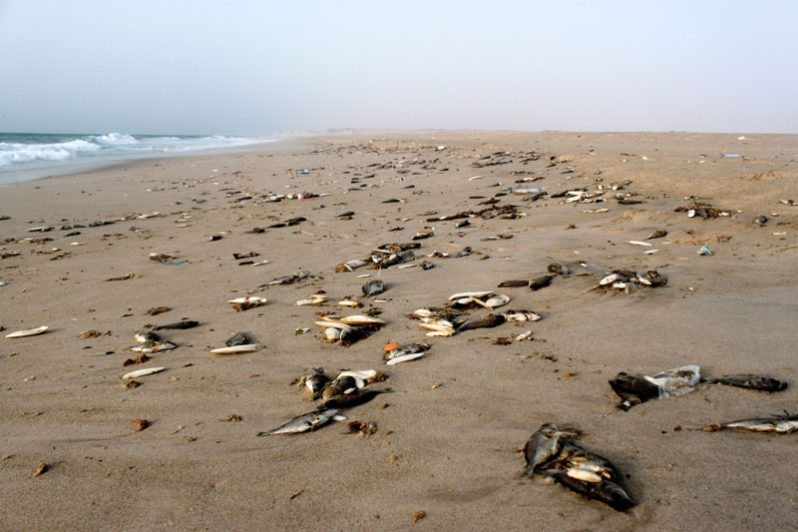
The research, published in the journal Nature Sustainability, identified 226 food production shocks across 134 nations over the 53-year period, noting an increasing frequency of shocks across all sectors on a global scale.
Climate change reshaping how heat moves around globe
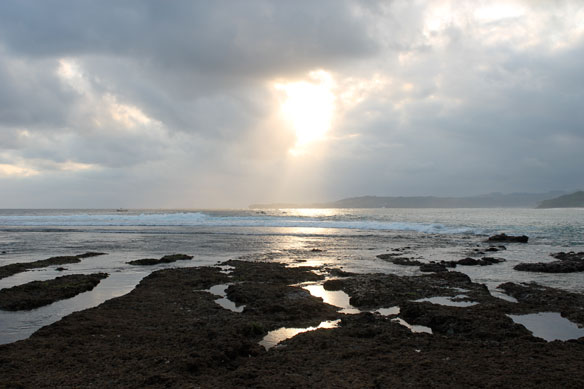
The Earth’s atmosphere and oceans play important roles in moving heat from one part of the world to another, and new research is illuminating how those patterns are changing in the face of climate change.
Climate change tipping point could be coming sooner than we think
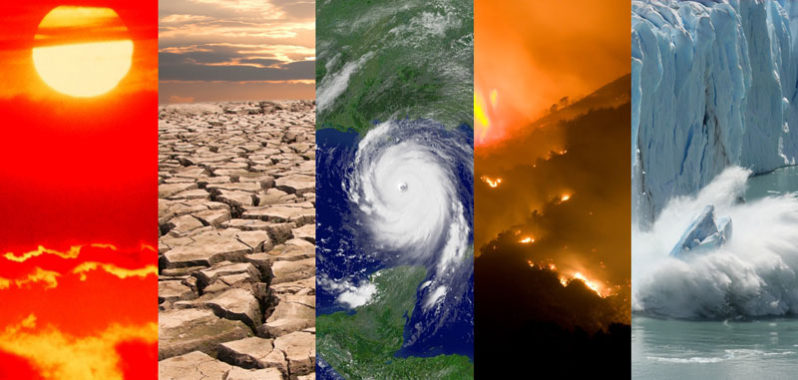
A new study confirms the urgency to tackle climate change. While it’s known that extreme weather events can affect the year-to-year variability in carbon uptake. this study is the first to actually quantify the effects through the 21st century.
North American glaciers melting much faster than 10 years ago – study
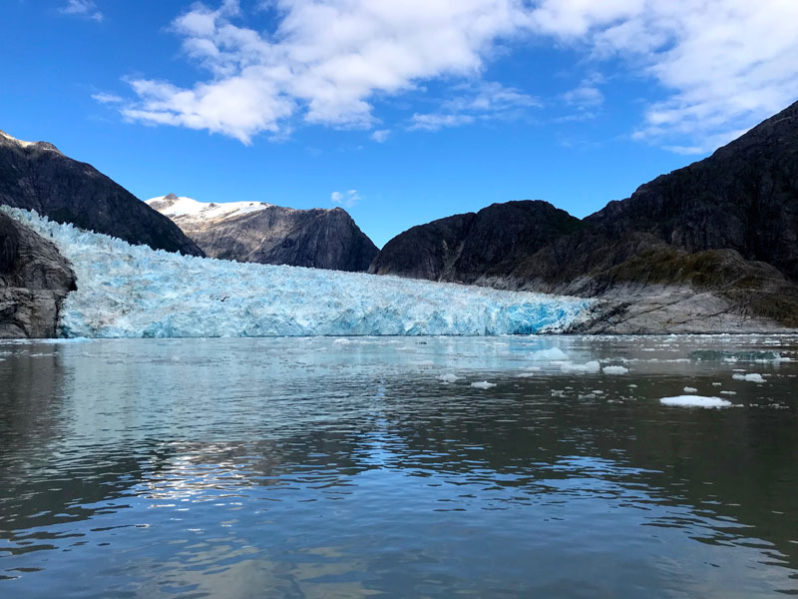
Glaciers in western North America, excluding Alaska, are melting four times faster than in the previous decade, with changes in the jet stream exacerbating the longer-term effects of climate change, according to a new study.
Emperor penguins’ first journey to sea

New research reveals the previously unknown behaviors of juvenile Emperor penguins in their critical early months when they leave their birth colony. Emperor penguins are particularly vulnerable to climate change because their life cycles are so dependent on sea ice.
To Hold Warming to 1.5 Degrees, Study Says Nations Must Stop Building New Fossil Fuel Infrastructure Immediately

If nations commit immediately not to replace fossil fuel infrastructure as it reaches the end of its expected lifetime, the world would have a 64 percent chance of keeping global warming below 1.5 degrees Celsius, according to a new study.
Trump administration expands oil drilling despite shutdown

Interior department continues processing permits and moves forward with controversial plan to increase drilling in the Arctic.
